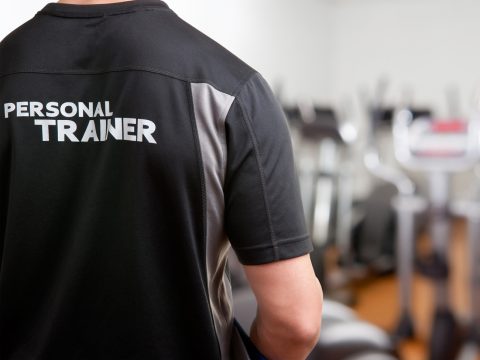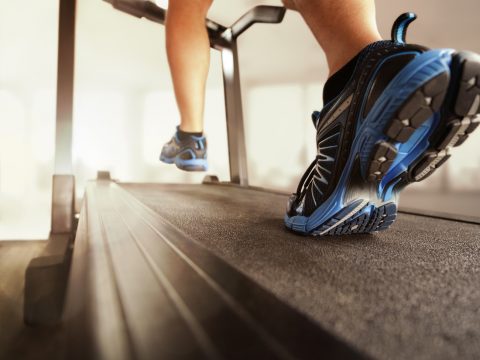It’s hot across the wire – the NYC Board of Health has put a ban on sugar-sweetened beverages. The ban is an amendment to the New York City Health Code, prohibiting the sale of sugar-sweetened beverages larger than 16 ounces in restaurants, delis, movie theaters, stadiums, food carts, and other venues throughout New York City. What some are calling the Bloomberg ban extends to any beverage with more than 25 calories per 8 ounces, including some sodas, coffees, teas, smoothies and lemonades. It excludes drinks such as milkshakes, drinks that are more than 70% fruit juice, and alcoholic beverages.
For those thinking this won’t affect their consumption of low-calorie or diet beverages, think again – under the ban, a restaurant may not offer self-service cups greater than 16 ounces even if the customer intends to fill it with a sugar-free drink. The only way an operator would be able to provide such a drink to customers is through the drive-thru window, where self-serve is not available.
According to Joy Dubost, Ph.D., R.D., Director of Nutrition and Healthy Living for the National Restaurant Association, “There is no scientific support that this beverage ban’s size and caloric limit will impact obesity rates.” The reality is this ban will likely impact only small businesses since (according to the CDC) the majority of consumers purchase their sugar-sweetened beverages from convenience and grocery stores. Grocery and convenience stores, including 7-11 and their Big Gulps, are exempt from the ban. The CDC reports that sugar-sweetened beverages account for between 5-8 percent of daily caloric intake, with 50 percent of the population not reporting any sugary drinks in their daily intake.
The reality is while the intent of this ban is good, the likely outcomes are not. The message is essentially skewed; this is the first isolative ban of its kind, and it strikes down the idea of moderation even though that is supposed to be the point. Alcohol in moderation, fat in moderation, even cheesecake in moderation are all fine, but rather than the concept of moderation being communicated to the public, it is isolated to a single entity – sugary beverages in the public domain which, when consumed in moderation, are no worse than any of the aforementioned products. So the ban says if a restaurant serves a soda it must be moderated, but if a convenience store sells a soda or if you pour a soda at the house …don’t worry about it?
The cost of such a plan would likely serve the public better if it educated them on behavioral changes. Due to the fact that nearly a quarter of the American diet is sugar, it is difficult to assign the blame in one area. Likewise, there are many obese individuals who habitually and solely consume sugar-free beverages, just like there are healthy-weight individuals who consume fast food. While attention to unhealthy behaviors is important, leading a witch hunt demonstrates a level of ignorance. Banning specific soft drink container sizes is like saying only smoke half the cigarette. While the comparison is somewhat cynical, the point is valid. New York has been a leader in protecting its consumers, and while placing calorie content requirements in restaurants and banning smoking in strategic public spaces is a good idea, this current ban may do more harm than good – and when repealed will simply be an economic blunder.




